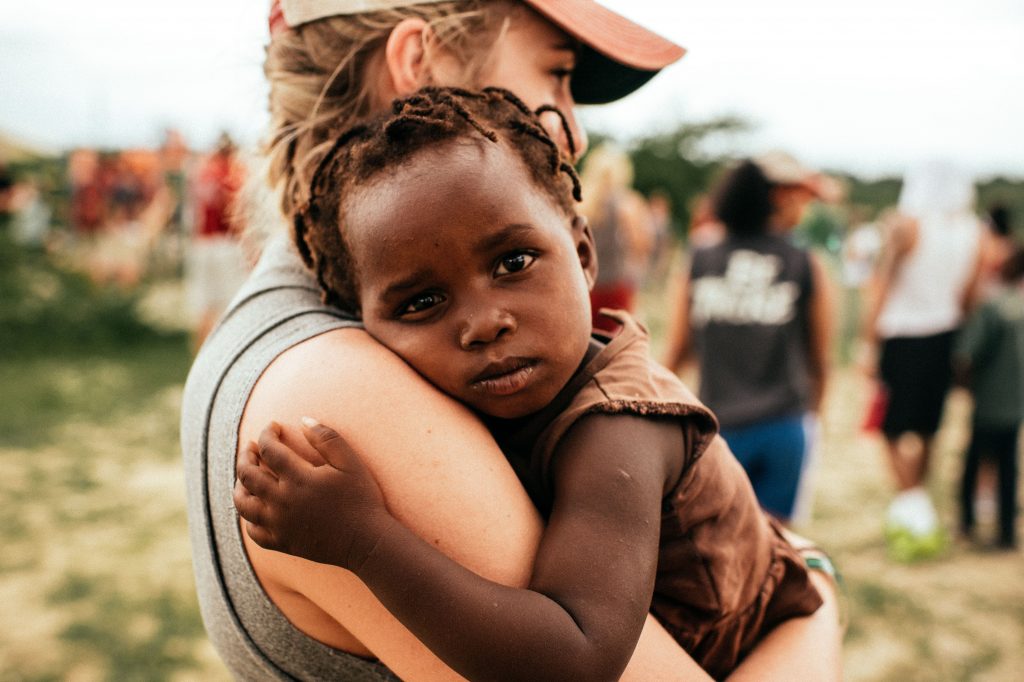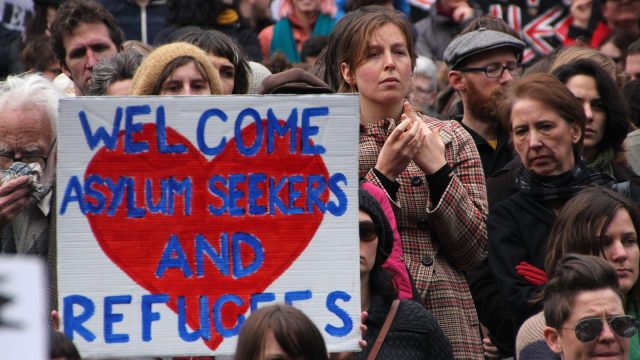The UK has been shocked by a violent attack on a young asylum seeker in Croydon. Even some tabloid newspapers that are usually hostile to migrants have jumped to condemn his attackers. Does this mark a shift in attitudes towards asylum seekers, and do people really understand the rights of those who flee their home countries to escape war, torture or persecution?Asylum seekers in the UK do have fundamental rights. The Government has set in place procedures to process those seeking safety in the UK, and to comply with our human rights obligations. Because not only is this a moral issue, but international laws mean that we must offer a person refuge if their life is at risk.
What actually is an Asylum Seeker?

Lots of terms are used about refugees and asylum seekers, not always accurately, so it can be a little confusing. An asylum seeker is someone who flees their country of origin and seeks protection in another country by applying for asylum.
An asylum seeker may be later recognised as a “refugee” and given refugee status if they meet the definition of refugee set out the 1951 United Nations Refugee Convention. Under the Refugee Convention, a refugee is someone who has fled their own country and cannot return due to a well-founded fear of persecution. The persecution may relate to a person’s race, religion, nationality, membership of a particular social group, or political opinion.
The Refugee Convention definition is universally binding, but there are other laws which protect people if they don’t fall within this convention. Essentially, international law says that the Government cannot return someone to their home country if they could face torture or persecution. In 2011, the European Union expanded on this definition to include people fleeing war.
If an asylum seeker’s application is granted, they become a refugee. If the application is refused, however, they become a refused asylum seeker. They may choose to return to their home country themselves, or the Government may forcibly remove them.
Human Rights Belong to Everyone

One of the defining factors of human rights is that they belong to everyone. It doesn’t matter if you’re a British citizen, a refugee, or an asylum seeker applying to become a refugee, you have the right to be treated with humanity. As part of the Human Rights Convention we all have basic rights, including the right to liberty, life, and free speech, for example.
Previous human rights cases have proven that refugees can’t be sent back to a place that makes them suicidal, that female genital mutilation is form of torture, and that asylum seekers are entitled to accommodation while a decision is being made on their application. Refugees also have the right to family life, so they must be allowed to reunite with their families. If a serious crime is committed against a refugee or asylum seeker, the police have a duty to investigate the crime and punish the offender.
However, this doesn’t mean that asylum seekers in the UK are free to conduct their lives in the same way as British citizens. Many people arriving in this country are kept in immigration detention centres while their claims are investigated. Currently, there is no upper limit on how long an asylum seeker, or failed asylum seeker, can be held in detention, although the Human Rights Court found that unreasonable delays were unacceptable. Asylum seekers are not allowed to claim benefits or work in the UK. If they are destitute and have no other means of supporting themselves, they can apply to receive asylum support, which is set at a very low rate.
However, what is clear is that asylum seekers and refugees are entitled to our respect and protection – and that the justice system will act swiftly against those who harm them.
Want to know more about this kind of stuff?
- Take a look at these human rights cases which affect those seeking refuge
- Read our explainer on the rights of refugees







